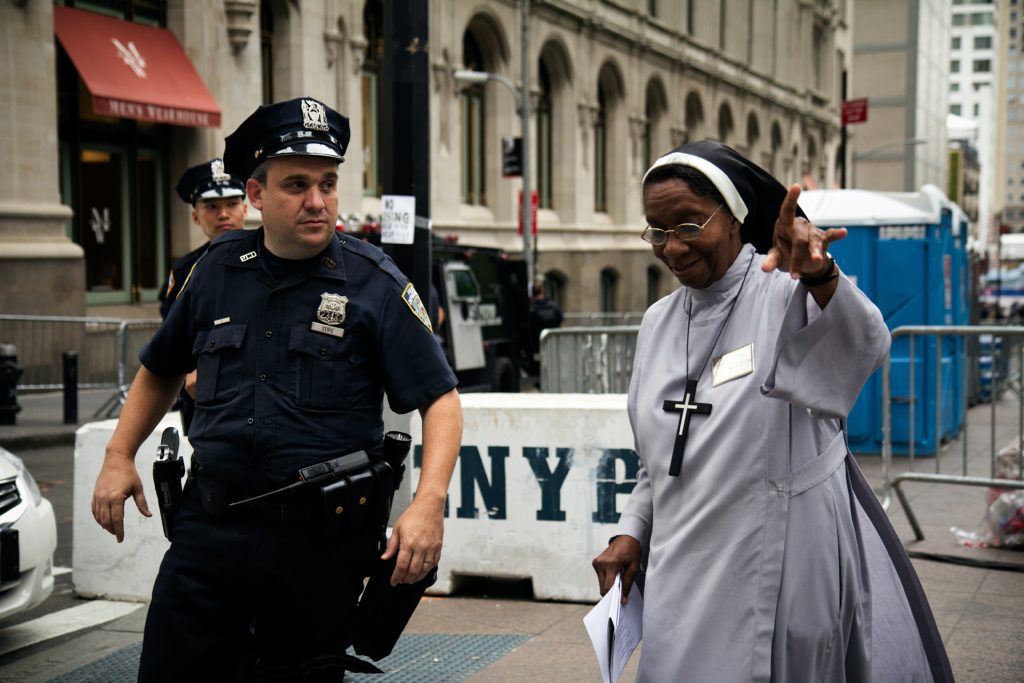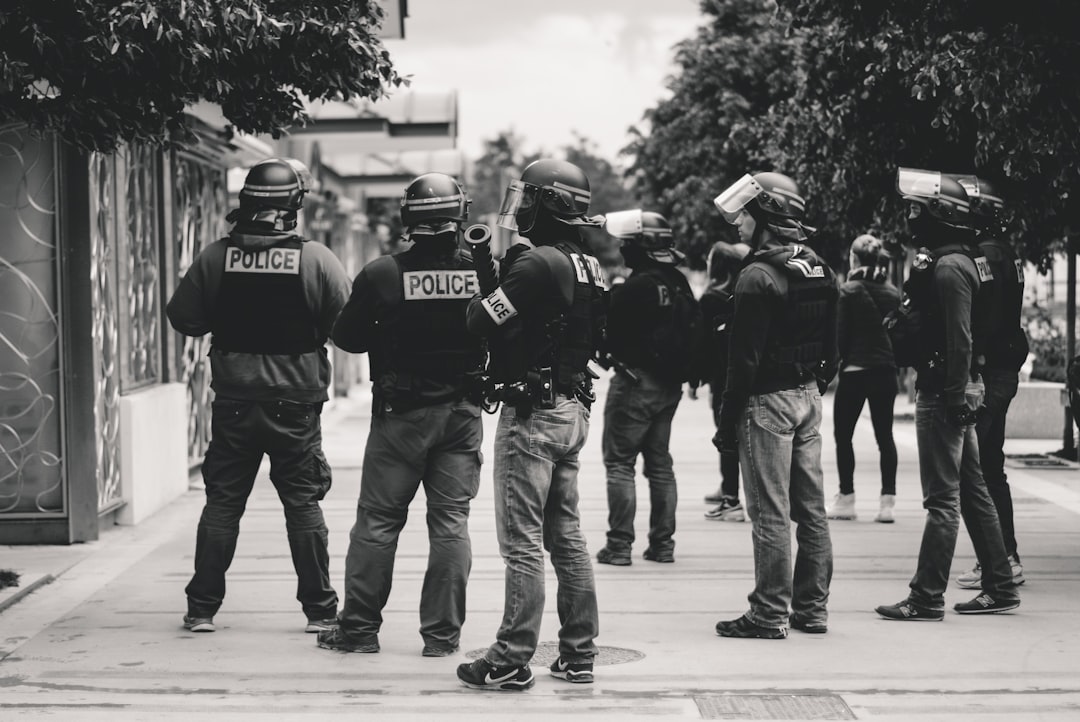Police officers play an important role in society, and their salaries reflect that. In this blog post, we’ll take a look at how much police officers make in New Jersey, as well as some of the factors that influence their pay. Whether you’re considering a career in law enforcement or just curious about the profession, read on for insights into police officer salary in New Jersey.
How Much Do Police Officers Make In New Jersey?
Police officer salary in new jersey is a popular search term online, and for good reason. New Jersey is one of the top-paying states for police officers, with an average salary of $97,860 per year.
So how do police officer salaries in New Jersey compare to other states? Let’s take a look.
The average police officer salary in California is $86,860 per year. In Florida, the average police officer salary is $79,780 per year. And in New York, the average police officer’s salary is $87,910 per year.
As you can see, police officers in New Jersey earn significantly more than the average police officer in other states. But what about specific cities within New Jersey?
In Newark, the average police officer salary is $84,810 per year. In Paterson, the average police officer salary is $80,660 per year. And in Jersey City, the average police officer’s salary is $82,750 per year.
Overall, police officers in New Jersey earn a very competitive salary. If you’re considering a career in law enforcement, New Jersey is a great state to consider.
Another Interesting Read: Best Criminal Justice Schools In NC

What Are The Duties Of Police Officer In New Jersey?
The duties of police officers in New Jersey vary depending on their specific assignment and police department. Some of the most typical responsibilities of police officers in New Jersey include patrolling their assigned territory, responding to calls for service, investigating crimes, making arrests, and testifying in court.
Police officers in New Jersey also have a variety of specialized assignments that they may be assigned, such as working in a police department’s detective bureau or being assigned to a special unit such as a SWAT team or K-9 unit.
Police Officer Benefits In New Jersey
In addition to a competitive salary, police officers in New Jersey also receive a variety of benefits. These benefits can include health insurance, dental insurance, life insurance, and a retirement plan.
New Jersey police officers receive many benefits that make the job both attractive and rewarding. In addition to a competitive salary, police officers in New Jersey enjoy a full range of health and retirement benefits. New Jersey police officers are also eligible for special training programs, which can lead to promotions and higher salaries.
And, because New Jersey is a major tourist destination, police officers often have the opportunity to work overtime during busy periods. As a result, police officers in New Jersey enjoy both financial and career opportunities that are not available in other states.
Another Interesting Read: How Many Jobs Are Available in Finance?
Police Officer Requirements In New Jersey
To become a police officer in New Jersey, you must meet the following requirements:
- You must be at least 21 years of age.
- You must be a U.S. citizen or have permanent resident alien status.
- You must have a high school diploma or GED equivalent.
- You must have a valid driver’s license.
- You must pass a physical examination.
- You must pass a written examination.
- You must pass a background investigation.
- You must pass a psychological examination.
- You must complete police academy training.
Police Officer Training In New Jersey
All police officers in New Jersey must complete police academy training before being sworn in as a police officer. Police academy training in New Jersey is typically 12-14 weeks long and includes classroom instruction and hands-on training.
Classroom instruction in the police academy covers a variety of topics, such as New Jersey criminal law, traffic law, police procedures, and self-defense. Hands-on training includes firearms training, physical fitness training, and emergency vehicle operation training.
After completing police academy training, police officers in New Jersey are then required to complete a field training program. The length of the field training program varies depending on the police department.
During the field training program, police officers are paired with experienced police officers and receive on-the-job training. Field training covers topics such as patrol procedures, report writing, and police department policies and procedures.
Another Interesting Read: Review of The Glock G40 Gen4 MOS Semi-Auto Pistol
Police Officer Job Outlook In New Jersey
The job outlook for police officers in New Jersey is very good. The New Jersey State Police estimates that there will be 1,600 police officer vacancies to fill each year over the next five years.
The New Jersey State Police also offers a police officer recruitment program that provides financial assistance to police officers who are interested in attending police academy training.
If you are considering a career as a police officer in New Jersey, the future looks very promising. With a competitive salary and good benefits, police officers in New Jersey have a lot to offer.
Police Officer Pay Scale In New Jersey
In New Jersey, the pay scale for police officers depends on several factors, including experience, education, and position. The starting salary for a police officer in New Jersey is $60,949, which increases to $85,000 after five years of service. Officers with 10 years of experience or more earn $ 121,995 per year.
In addition to base salary, officers may also receive shift differentials and overtime pay. Education also plays a role in the officer pay scale, with officers who have earned a bachelor’s degree earning 5% more than those without a degree. Furthermore, officers who hold a master’s degree earn 10% more than those without a degree.
Finally, officers who hold the rank of sergeant or above earn additional pay based on their position and responsibilities. Consequently, the pay scale for police officers in New Jersey is quite complex and takes into account a variety of factors.
Conclusion
Police officers in New Jersey make significantly more than officers in other states. Police officers put their lives on the line every day to protect their communities, and they deserve our respect and gratitude. We would like to thank all of the brave men and women who serve as police officers in New Jersey for their dedication and sacrifice.
Another Interesting Read: Police Officer Salary Michigan: How Much Do Police Officers Make In MI?






